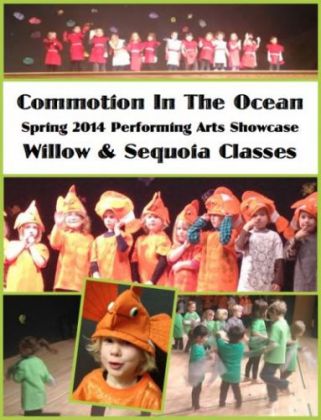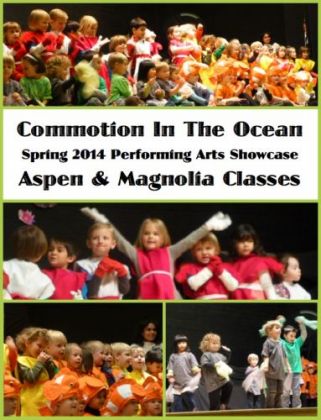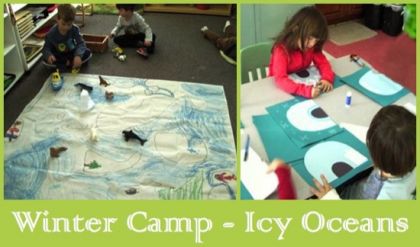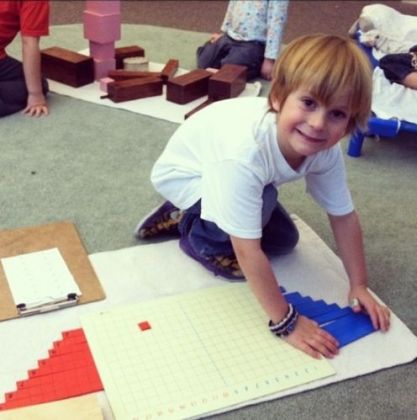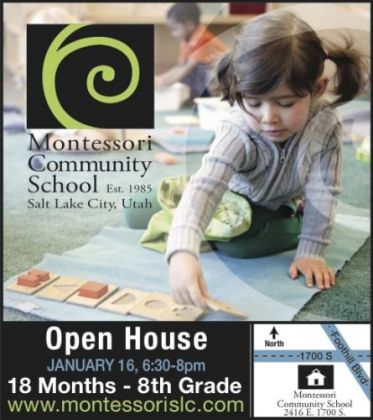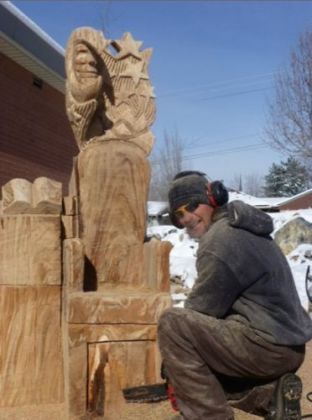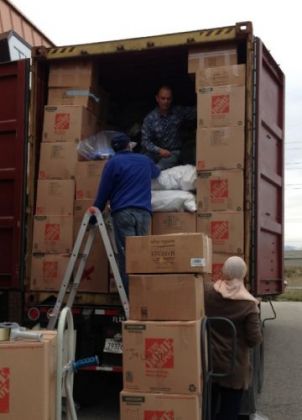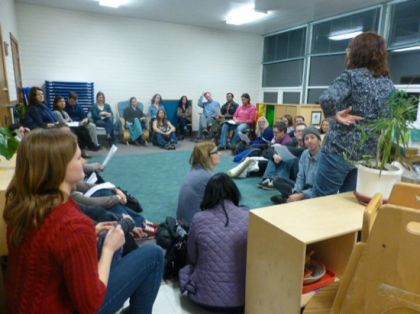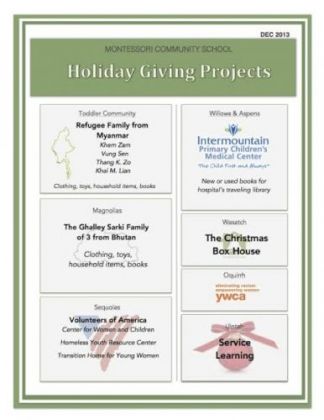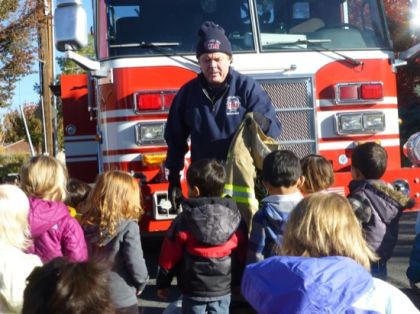Montessori: Your Daily Dose of Resilience-Building
Raising children in the twenty-first century is a most rewarding challenge. In modern society we have increased access to mass media and greater sprawl within families. Youth are increasingly influenced by sources of information beyond parental control. Thus, our task as parents is to figure out how to balance sheltering our children while still preparing them for the future.
Research has identified many key elements that predict better quality of life in adulthood; academic achievement, absence of medical and mental health problems, financial stability, and rewarding social connections with others. Yet most of us at one point or another face situations that create vulnerabilities in these areas. So this begs the question, how do we bounce back? And more importantly, how do we teach our children to demonstrate the same perseverance when faced with stressors?
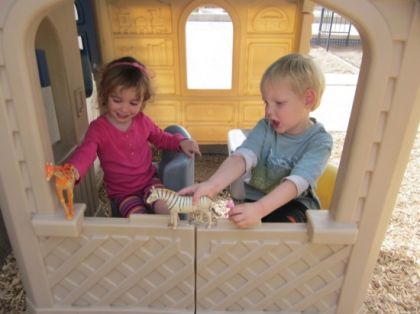
Everyday I work with families who are striving to bolster the skills and abilities of their children. They seek to help them to adapt to current stressors and challenges, and to acquire characteristics likely to help them lead a successful life in the future. My method of teaching is based on building resilience.
Drs. Goldstein and Brooks, authors of Raising Resilient Children (2002) stated, “Resilient children can cope effectively with stress, pressure, and everyday challenges. They appear capable of bouncing back from disappointments, adversity or trauma. They learn to develop and set realistic goals for themselves and those in their lives. They are capable of solving problems and interacting comfortably with others. They possess self-discipline and a sense of self-respect and dignity.” Temperamental differences can play a role in how resilient children are, but this mindset can also be taught in everyday interactions.
One of the most inspiring lessons I have learned through teaching others is that there are so many consistencies between the guideposts of Resilient Parenting and the tenets of the Montessori Method. Let’s examine a few:
First, resilience-minded parents teach their children to solve problems and make decisions. This allows children to have a sense that they can control what happens to them. This mentality fosters independence and a sense of responsibility. The Montessori classroom allows children to develop self-reliance by making choices and dealing with the consequences of their choices. Children develop awareness and trust in their decision-making through the feedback loops of choices and consequences.
Second, resilience-minded parents discipline in ways that promote self-discipline and self-worth. This helps children to appreciate mistakes as opportunities for learning rather than indications of failure, furthering the child’s emerging sense of ownership and responsibility. Positive feedback, encouragement, natural and logical consequences are all powerful teaching tools. The Montessori classroom also encourages children to learn from mistakes and successes by allowing for independent decision-making. Children make choices and experiment within a well-prepared environment that promotes creativity, confidence, and a sense of purpose. It is appreciated that children need time and practice to master new skills and that unnecessary help actually hinders development. Montessori truly embraces the “help me help myself” attitude.
Numerous other similarities can be drawn out between the Montessori Method and resilient parenting practices such that I consider Montessori a model of resilient education, with well-trained teachers to serve as additional charismatic, influential adults in our children’s lives during the school day. As parents, we are in a unique position to extend these teachings. Parents can adopt a mindset of resilient parenting “to foster strength, hope and optimism in our children” everyday.
Melissa DeVries, Ph.D., Licensed Psychologist
Please join us on March 4th from 6:30pm – 8:00pm as Melissa DeVries, Ph.D., an MCS parent and our school psychologist, shares more about raising resilient children and how a Montessori education supports resiliency.
